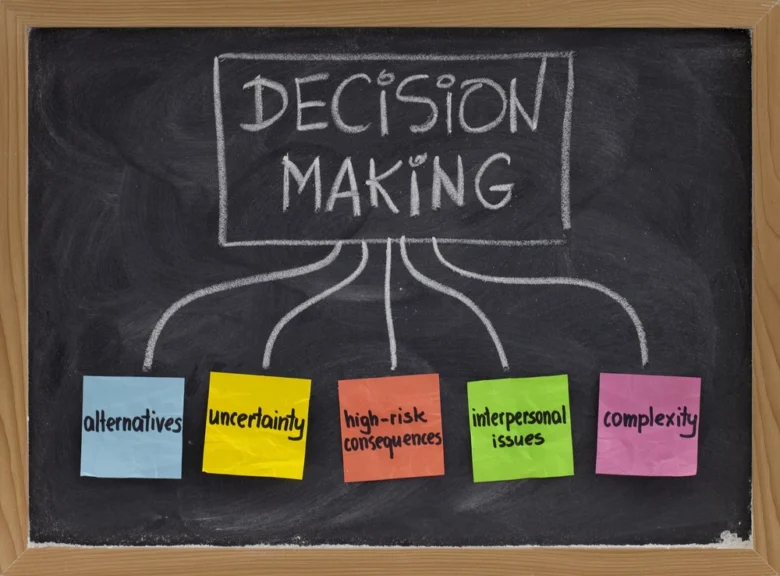
Host a successful business event requires careful planning and attention to detail. One of the most important decisions you will make when organizing an occasion is choosing the right date. The date you choose can have a significant impact on the success of your event, as it can affect attendance, engagement, and overall perception of your party. Here are some tips, dos, and don’ts to help you find the perfect date for your business event.
Tip: Start Early

Starting early when planning a business event is crucial for success, and can save you from a lot of stress and last-minute changes. By starting early, you can take the time to research potential venues, speakers, sponsors, and most importantly, the date of the event. This will allow you to have enough time to reach out to potential attendees, promote the event, and ensure a high level of engagement.
If you’re planning a business event in London, it’s important to start early as the city can get quite busy, especially during peak seasons. You may want to consider hiring the services of New London escorts to help you with logistics, accommodations, and other arrangements for your attendees. However, it’s important to choose a reputable agency that can provide quality services and ensure a positive experience for your guests.
Tip: Consider Holidays and Other Events
When choosing a date for your business event, it’s important to consider holidays and other events that may impact attendance. For example, hosting an occasion on a major holiday may result in low attendance, while hosting a party during a popular conference or trade show may make it difficult for attendees to prioritize your event. Check calendars and industry party schedules to ensure you choose a date that works for your target audience.
Tip: Consider Seasonal Factors
When planning a business event, one of the most important factors to consider is the season. The time of year can have a significant impact on the success of your occasion, as it can influence attendance, engagement, and overall perception of your event. For example, hosting an outdoor party in the dead of winter may not be practical, while hosting an indoor event during the summer months may be less appealing to attendees.
It’s important to consider seasonal factors when choosing the date of your event. This includes weather patterns, holidays, and other cultural or industry-specific events. For instance, a holiday event may work well in December, while a summer festival may be more appropriate for a June date.
By considering seasonal factors, you can ensure that your event is well-suited to the preferences and needs of your target audience. This will help you maximize attendance, engagement, and overall success of your party. So, take the time to evaluate the seasonal factors, and choose a date that aligns with the interests and preferences of your audience.
Do: Survey Your Target Audience

One of the best ways to ensure you choose the right date for your business event is to survey your target audience. Ask potential attendees about their availability and preferences, and use this feedback to inform your decision-making process. This will help you choose a date that works for the majority of your target audience, and increase the chances of a successful occasion.
Do: Consider Travel and Accommodation
If your business event requires attendees to travel, it’s important to consider travel and accommodation logistics when choosing a date. For example, hosting an event during peak travel season may make it difficult for attendees to find affordable flights and accommodation, while hosting an occasion during a low season may result in low attendance. Consider the travel and accommodation needs of your target audience, and choose a date that aligns with their needs.
Don’t: Choose a Date Without Consulting Key Stakeholders
When planning a business party, it can be easy to get caught up in the excitement and rush to choose a date that seems convenient for you. However, it’s crucial to remember that your party is not just about you – it’s about your attendees, sponsors, speakers, and other key stakeholders. As such, it’s important to consult with them before finalizing the date.
Failing to consult with key stakeholders can lead to several issues. For one, you may end up choosing a date that conflicts with important occasions, holidays, or industry-specific schedules. This can lead to low attendance, and lower engagement, and potentially damage your reputation in the industry.
Another issue is that you may end up choosing a date that doesn’t work for important speakers or sponsors, leading to a less impactful event. In addition, it can cause a strain on relationships with these stakeholders and make it harder to secure their participation in future occasions.
Therefore, it’s important to communicate with your stakeholders and get their feedback before choosing a date. This shows that you value their input, and it helps ensure that your occasion is well-attended, well-received, and achieves its goals.
Don’t: Rush the Decision-Making Process

When it comes to planning a business event, it’s important not to rush the decision-making process. Rushing decisions can lead to mistakes, missed opportunities, and ultimately, a poorly executed occurrence. Instead, take the time to evaluate all options, weigh the pros and cons, and consult with key stakeholders before making any decisions.
By taking a deliberate and thoughtful approach to decision-making, you can ensure that your party is well-planned, well-organized, and aligned with your goals and objectives. This will help you maximize attendance, engagement, and overall success of your event.
Conclusion
In conclusion, finding the perfect date for your business occasion requires careful planning, research, and consideration. Start early, consider holidays and other parties, and survey your target audience to ensure you choose a date that works for the majority of your attendees. Don’t rush the decision-making process, and consult with key stakeholders to ensure everyone is aligned and committed to the chosen date. By following these tips, dos, and don’t, you can increase the chances of




